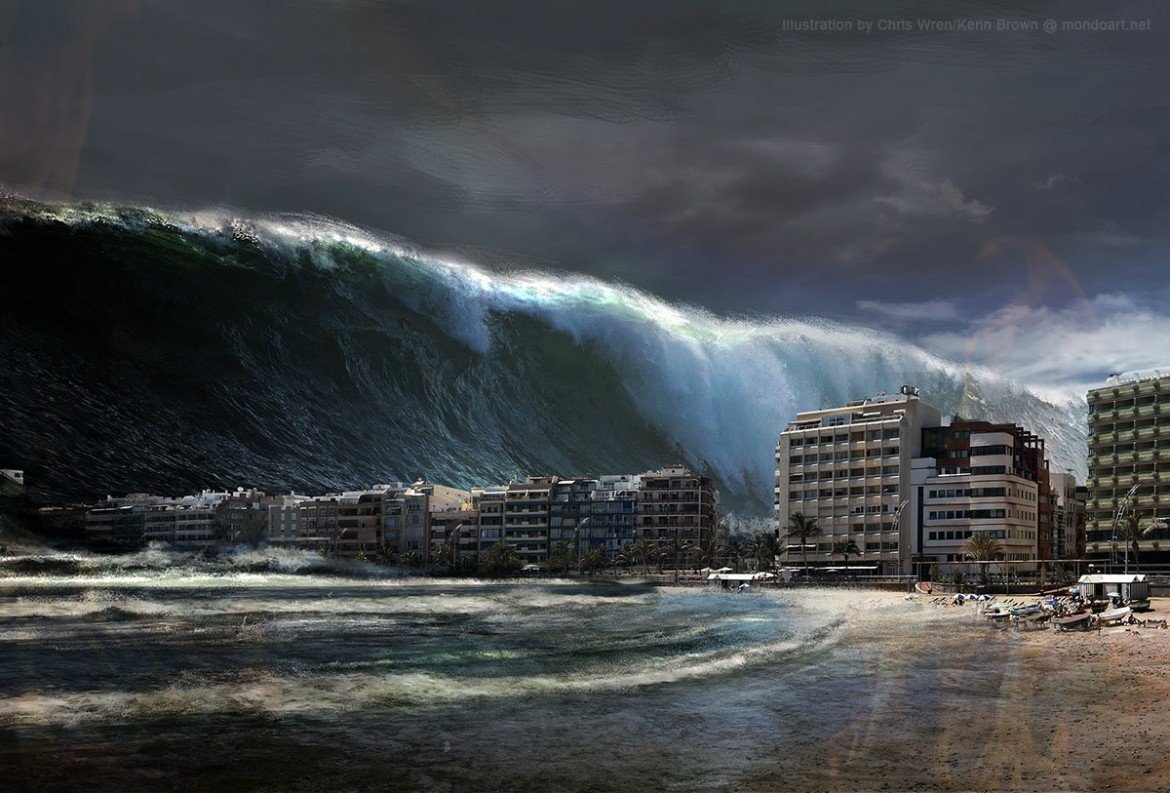A disaster is a hazard that leads to rampant chaos and destruction. Depending on the extent of a disaster, considerable damage may be done to life, property and patterns of living of all those involved.
If you are unprepared for a disaster, you are likely to suffer way more than those who are well-equipped with essentials to minimize its adverse impacts. Prevention is, after all, better than cure.
Being well-prepared for a disaster does not stall it but does make it much more bearable. It is important to be well-prepared for disasters of all kinds. Disasters that require adequate preparation fall into two broad categories, namely natural and man-made disasters.
Natural Disasters
Natural disasters comprise of all weather-related catastrophic events that wreak havoc on a large scale. Different geographical regions of the world are prone to different natural disasters. For instance, coastal areas are hit by cyclones whereas areas located near rivers are likely to get flooded during periods of relentless rain. Similarly, earthquakes are most likely to hit regions that are earthquake-prone and blizzards occur in areas that experience snowing the whole year round. These disasters have the power to cause immense damage and may cause casualties and death. Some natural disasters that you may need to prepare for include:
- Earthquakes
- Floods
- Hurricanes
- Tornadoes
- Blizzards
- Cyclones
- Droughts
Even though natural disasters are beyond anyone’s control, it is important to take necessary precautions and have all the essentials that would help you survive.
Man-made Disasters
Man-made hazards, also known as anthropogenic disasters, are caused due to a failure in a particular system or human intent .These hazards are mostly technological or sociological in nature. Disasters that occur as a result of transportation also fall in the category. Transportation-related disasters can best be described as the accidents that occur on road, railways, aviation, space or the sea. Deliberate attacks and wars can also be classified as man-made disasters.
Some of these man-made disasters may cause greater harm as opposed to others and must, therefore, be prepared for accordingly. However, it is important to note that there is no escaping some disasters. For instance, a nuclear bomb that hits a city is likely to blow everything to smithereens. Hence, there is no way to prepare for a disaster that hits you with such great intensity.
A great way to prepare for most disasters is to prepare a bug-out bag. This contains a number of essential supplies that help you survive through the disaster for a period of seventy-two hours.
A bug-out bag typically contains an adequate supply of water, essential items of clothing, bedding, necessary weapons, a basic water-purification system, a first aid kit and a number of other important items. Having the necessary tools will mitigate the intensity with which a disaster has hit you.
For instance, if you are stranded in a disaster-stricken area and do not have adequate items of clothing, you will experience greater discomfort. Therefore, it is always wise to plan ahead of time and prepare a bug-out bag before a disaster affects you gravely.
Article by Survivalist Earth / Image from Bing Images.

